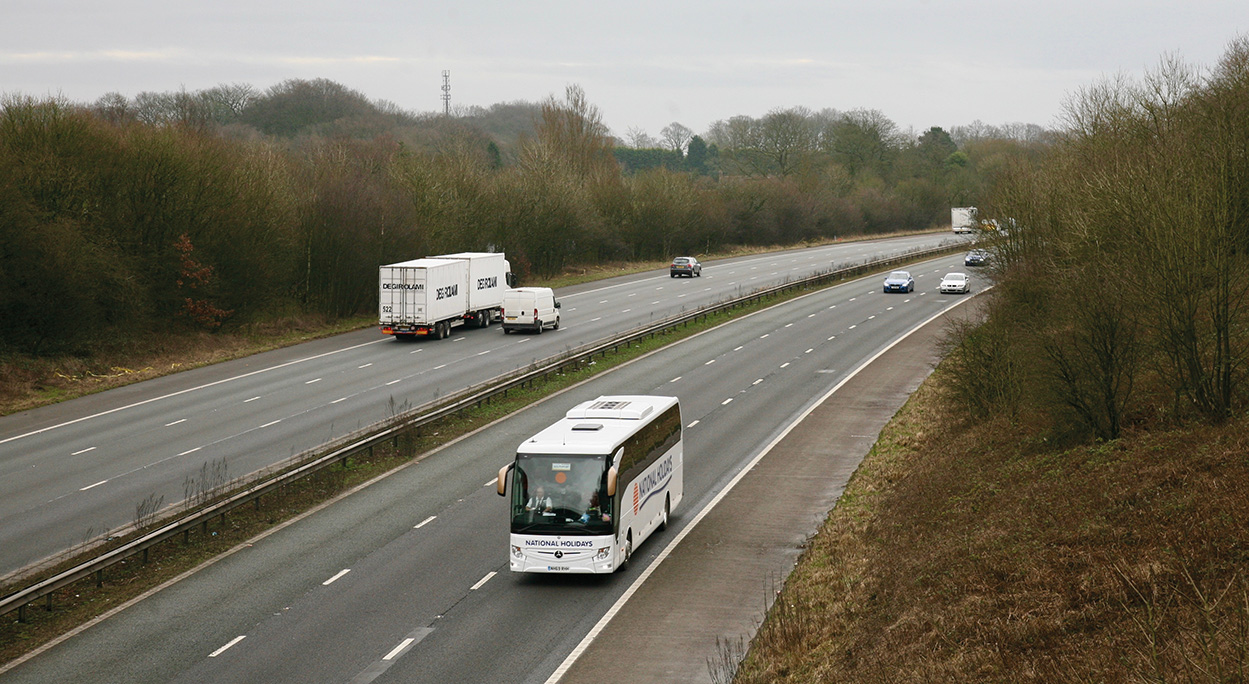RHA has called on the government to provide certainty over the phase-out date for sale of new diesel coaches.
The request forms part of the haulage and coach body’s submission ahead of the government’s Spending Review, which is due to published in June.
Policy certainty on a ban on diesel coaches would enable operators to “plan their net-zero investments and attract the private finance required to fund net-zero”, says RHA.
It adds the call for more investment to be made into upgrading the National Grid over the next five years so coach depots can adequately charge vehicles in a timely fashion.
RHA, which represents 150 coach operators as well as 8,500 logistics businesses, highlights among the challenges of decarbonisation the issue of efficiently catering for multiple uses based on unproven new technologies.
Due to this, it asks that the government provides financial support to lower decarbonisation operator costs.
This includes a request for a government-backed loan scheme to reduce the financing costs of acquiring a zero-emission coach.
To this end, RHA is working with the Green Finance Institute to provide recommended model options to present to the government in 2025. These include a residual value guarantee scheme, shared charging infrastructure agreement and a small operator loan default guarantee scheme.
More generally, the submission for HGV and coaches headlines on solving congestion, which RHA notes is costing the UK economy £30.8 billion per year or £968 annually per driver.
RHA Managing Director, Richard Smith says: “Our submission to HM Treasury makes it clear that a thriving road transport sector is crucial to the UK’s economic success.
“We’ve clearly highlighted key areas for investment and we’re calling on the government to prioritise investment in key infrastructure projects, roadside facilities, skills development and on net-zero to future-proof our vital sector and ensure that we can play our part in delivering the growth the nation needs.”



























